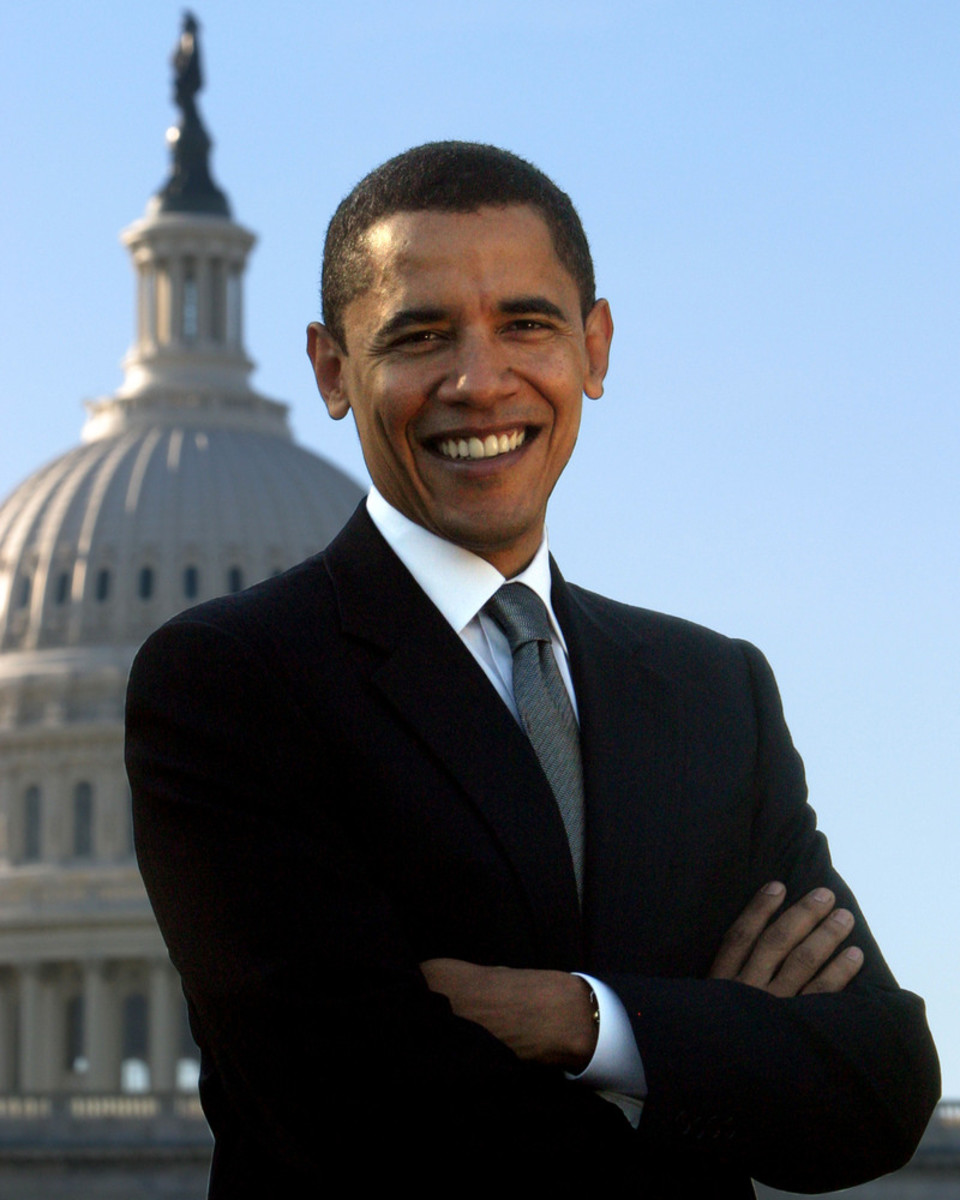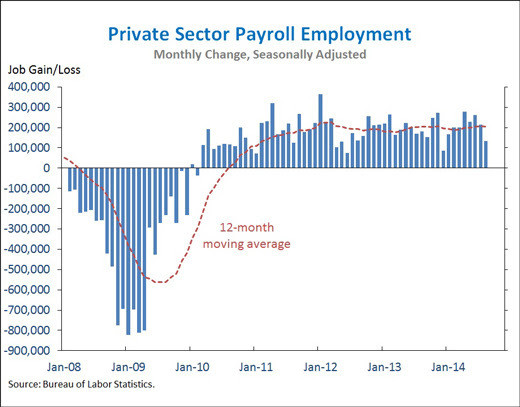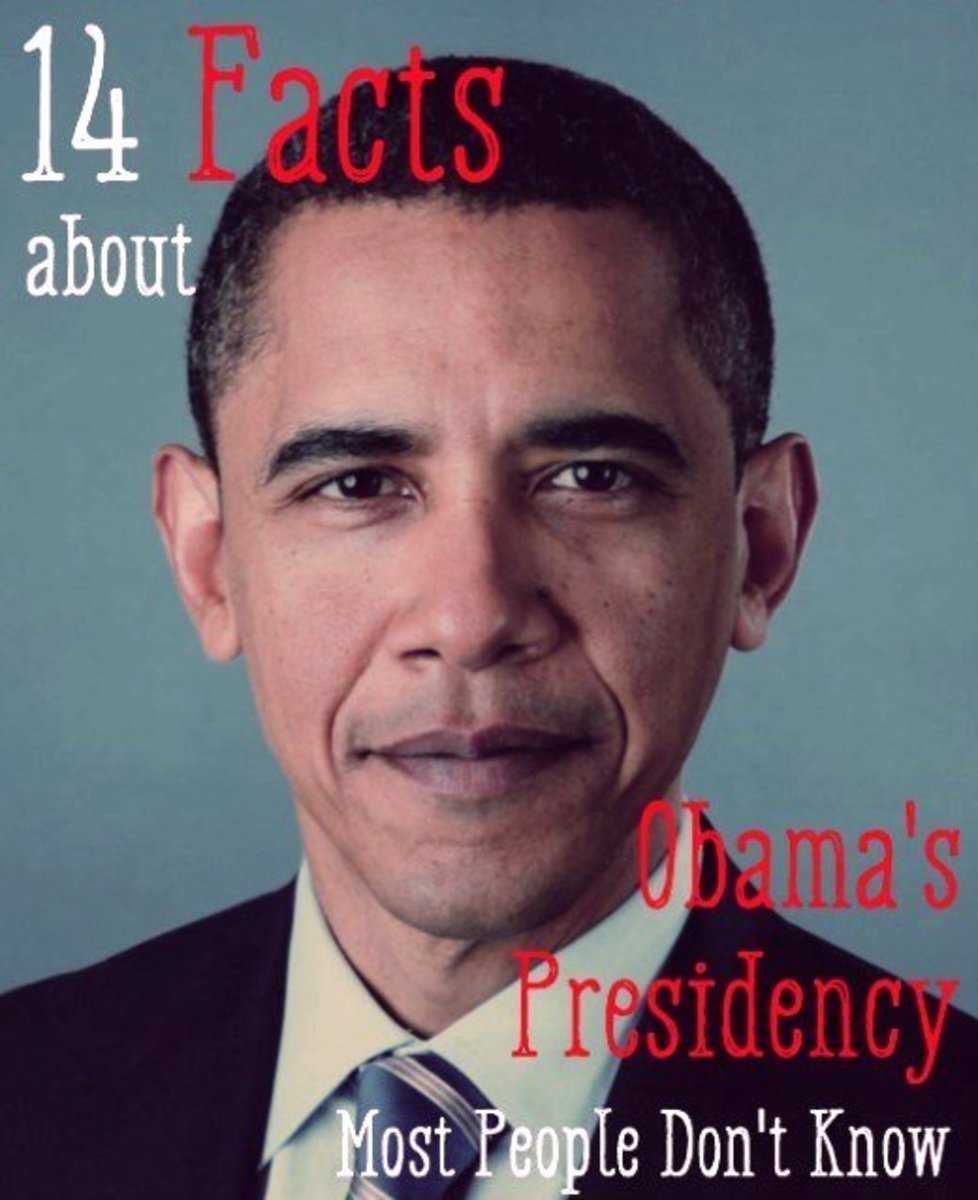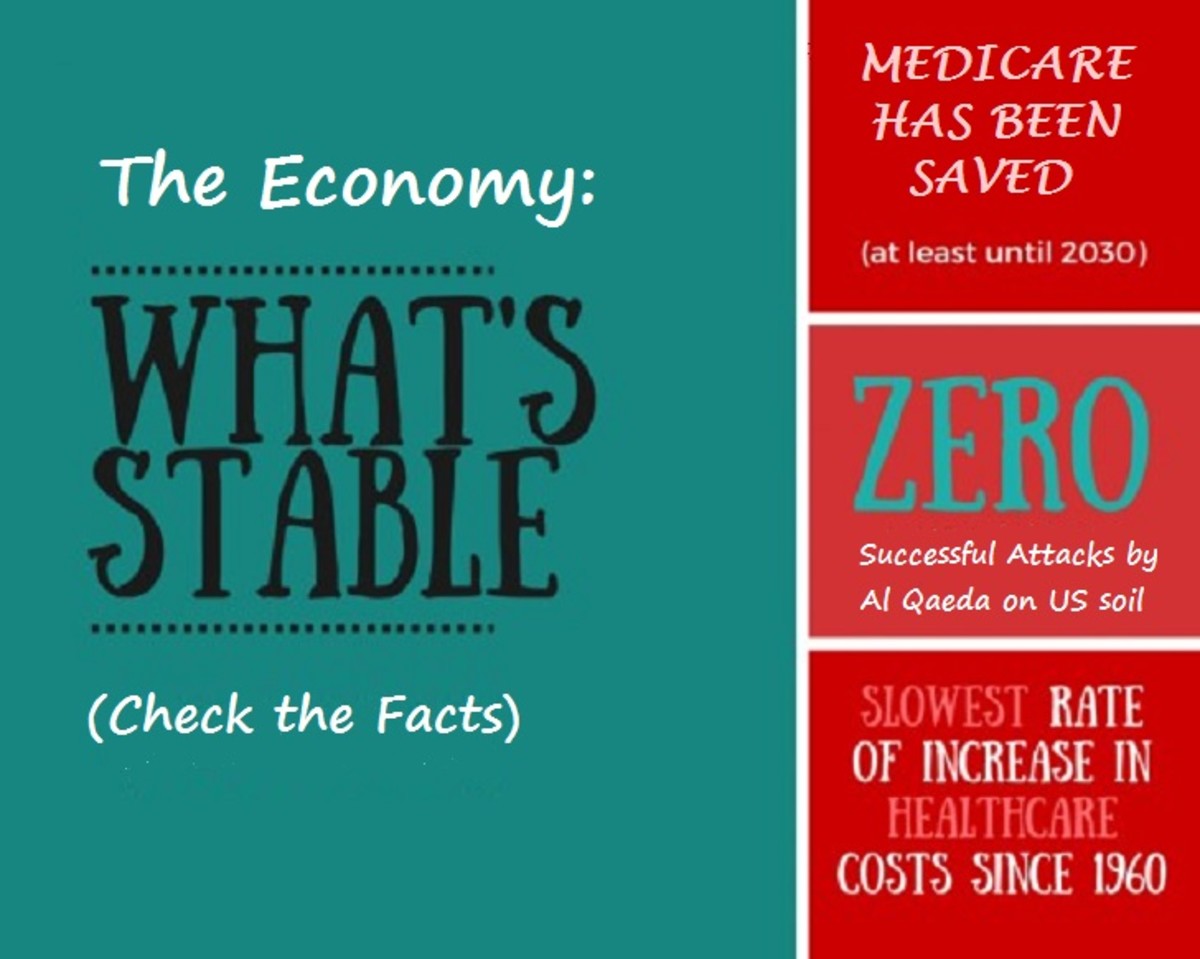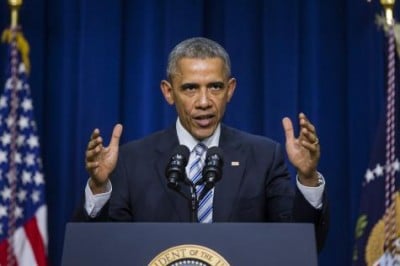President Obama has many times made clear to congressional Democrats that the most important thing in the “legacy” that he hopes to leave behind from his Presidency is his big-three ‘trade’ deals: TPP with Asia, TTIP with Europe, and TISA for international services including banking and insurance.

The first thing that Reid did to kill those ‘trade’ deals — while he was still the Senate’s Majority Leader in 2014 and was thus able to prevent the enabling act, called “Fast Track,” to pass in the U.S. Senate — was to block that “Fast Track Trade Promotion Authority,” which he possessed then the power to block, as the Senate’s Majority Leader, because there were more Democrats than Republicans in the Senate, and so Democrats chose the Senate’s leader. I headlined at the time (which was on 30 January 2014),
“Harry Reid Effectively Kills Obama’s TPP and TTIP International Trade Deals.”
After Reid did that, Obama’s only hope to pass those ‘trade’ deals through Congress would be for Reid to lose his position as the Majority Leader in the Senate — in other words, for voters to elect more Republicans than Democrats to the Senate in the 2014 elections — and this is exactly what happened: Obama in 2014 received the Republican victory that he needed in the Senate, in order for his legacy to be able to become what he hoped it would be: these ‘trade’ deals (which would cause America’s soaring wealth-inequality to soar even more). (He probably heaved a private sigh of relief at ‘his’ Party’s losses in November 2014.) Republican Senator Mitch McConnell thus replaced Reid in that position. McConnell, of course, passionately supports Obama’s ‘trade’ deals; and, so, after the November 2014 mid-term elections, it seemed that Barack Obama would, despite Reid’s opposition, finally be racing toward his Presidency’s finish-line with the high likelihood of winning his “legacy,” which would make Bill Clinton’s legacy seem tiny by comparison — and Bill and Hillary Clinton made $25 million in just speakers’ fees for merely the year 2014; so, Obama’s equivalent at a similar time in his retirement might be perhaps a hundred million dollars yearly, just in speaking fees alone, for what would then become his historically unprecedented achievement in serving the
perhaps one hundred Americans who control half of the world’s largest international corporations and who would be perhaps hundreds of billions of dollars richer because of Obama’s then-successful efforts on their behalf. Those people are grateful to their biggest servants, and so it’s not at all difficult to understand the reason why Obama was seeking to have this type of legacy, as his own. He aspired to become the super-Clinton.
Here is how Harry Reid was finally enabled perhaps to kill those deals, even though he no longer runs the Senate:
In May, Reid made a deal with the new Senate Majority Leader, Republican Mitch McConnell, that Reid would be able to get enough Democratic Senators to vote with the Republicans to pass Fast Track only if it included “Trade Adjustment Assistance” (TAA) a slight assistance to the workers who would lose their jobs due to these ‘trade’ deals. This idea went against the grain of Republicans (who contemptuously call that
“welfare”), but McConnell was finally persuaded to accept it so long as its “pay for” (in order not to increase federal spending) would come out of the hides of
other poor and middle class Americans,
not the rich — and the longtime dream of Republicans has been especially to cripple Medicare; so, cutting Medicare was McConnell’s demand; and, on that basis, Reid rounded up enough Senate Democrats to get what McConnell wanted — Fast Track with TAA and Medicare cuts — through the Senate and off to the House, to approve. Everybody at the time thought that it was a shocking sell-out, that Democrats provided the additional votes which were necessary in order to pass that.
Two phenomenally well-connected and knowledgeable pseudonymous bloggers, “Yves Smith” in the field of finance, and “Gaius Publius” in the field of politics, headlined on June 12th,
“Gaius Publius: Nancy Pelosi Got a TPP Talking-To from Her Caucus, Plus Where We Are on Fast Track,” and “Gaius” called this Medicare-cut “the Medicare Poison Pill,” because it’s the thing that some Democrats who otherwise would have voted for the TAA bill, could not vote for it, because they’d then be challenged in primaries by a Democratic contender who’d say “That’s the person who voted to reduce your Medicare benefits.” The excuse from the incumbent in such a primary — “I had to do that in order to help the workers who will be displaced by the Obama trade bills that I was helping to fast-track into law” — wouldn’t do them much good; they might even lose their seats, no matter how much money that some appreciative billionaires would be donating to those Democrats’ re-election campaigns.
But there was yet another, though lesser “poison pill,” which caused a few Republicans to peal away from Obama’s “legacy” legislation; and this was Reid’s having also gone along with McConnell’s need to serve McConnell’s big export clients, especially GE and Boeing, by reauthorizing the Export-Import Bank, a big subsidy to exporters. A few libertarian Republicans would refuse to go along with that, because they oppose any subsidies, not even to the rich. Or, as the
Heritage Foundation said, “TPA [Trade Promotion Authority] has gotten bogged down in the politics of protectionism [the Export-Import Bank] and welfare spending [TAA].”
So, because TAA died, Fast Track died; and, because Fast Track died, Obama’s ‘trade’ bills (TPP, TTIP, & TISA) probably won’t be able to pass.
Maybe Obama’s hope of becoming a billionaire died along with it, ending in failure his life’s personal business-plan (or career-aspiration): Obama has always had big plans for himself, and he has had an excellent background for a potential
billionaire-class type of
operator.
Nancy Pelosi, the leading Democrat in the House, was doing all she could to round up enough Democratic votes for Fast Track, but wasn’t willing to vote for it herself unless her vote would be the one that would produce the win and so move the bill to the President’s desk. As “Gaius Publius” headlined on June 4th,
“Nancy Pelosi Is Whipping ‘Almost Daily’ for TPP.” Like Obama and the Clintons, she’s a Republican ‘Democrat,’ and thus needs to be able to blame the overt Republicans for America’s decline. She won’t publicly join in it unless that turns out to be the only way that the President’s plan can become law.
Here was the final vote in the House, which killed TAA, by 302 to 126 (HR1314). This vote meant that only a Fast Track without TAA can be voted on. But such a Fast Track will be rejected by the Senate — it’s not in the bill that the Senate passed.
Here was the House vote on that doomed version of Fast Track. It passed with two votes more than needed, and with 28 Democrats saying “Aye” instead of the initially estimated 20; so, 28 Democrats were willing to join 191 Republicans to pass Obama’s trade bills without assisting the displaced workers, but also without cutting Medicare. Republicans got the numbers they needed, with two to spare, but for a version of Fast Track that won’t get enough Democratic votes to pass in the Senate.
USA Today reported that “Pelosi suggested one path out of the tangle: Tying passage of the trade deal to a job-creating highway bill that Democrats would support.” She won’t give up; she’s still trying to pass Obama’s “legacy” into law. And that report also said the final revote in the House (attempting to approve a Fast Track bill that can pass the Senate) “needs to come next week, or it probably won’t come at all. But when the congressional leadership and the president agree that when something must pass, it usually does — even if some arms are broken in the process.”
That “breaking of arms” might entail a huge burst of campaign contributions from the U.S. Chamber of Commerce and others of Washington’s big lobbies. After all, the benefits for the super-rich could be in the trillions of dollars on this. An extra biullion spent buying members of Congress might turn out to be a bargain for those sponsors.
As the custom has it, children are not supposed to see the way sausage is made — nor the way legislation is made. If ‘democracy’ is just a
superficial overlay upon an underlying oligarchy, then its myth must be maintained, in order to sustain the racket. But, maybe Harry Reid was determined that the racket has gone too far and must not go as far as Obama (along with, principally, the overt Republicans) has been fighting to take it. Enough is enough — or, more like,
too much.
As Republicans are
delighted to point out, their leaders in Congress — and Nancy Pelosi — have higher approval ratings from the American public than Harry Reid does. Unlike Obama and the Clintons, popularity just hasn’t been his thing. There is no gratitude to a politician who really does place the public’s interest first. It’s a thankless type of virtue. Polls show this. The popularity contests get won by others, who care more about that than they do about the public’s welfare. This is ‘democracy’ in action.
The original source of this article is Global Research



